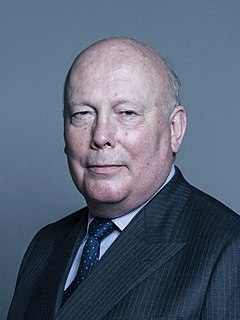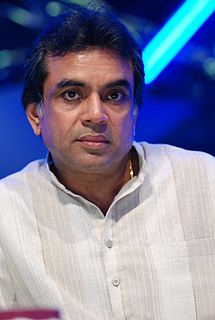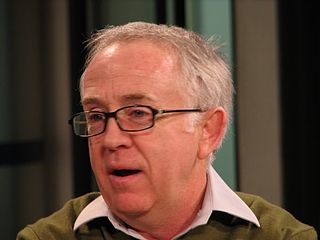A Quote by Bennett Miller
Film as a medium, like a novel as a medium, possesses a unique ability to communicate. Film is capable of communicating in a way that no other medium can, and I would say the same for the novel.
Related Quotes
Film is a temporal medium as much as it is a visual medium: you're playing with time, and you don't have that ability where someone can pause at home. That's such a fundamental part of what makes filmmaking exciting to me. I don't really have as much interest in any other medium. I just like the control.
Variety is very, very good. Going from medium to medium, if you get the chance to do it, from theater to television to film, which are all distinctly different, keeps me sharp. What works in one doesn't work in the other, and you have to be looking for the truth of the performance, whatever way that medium might demand.
Somehow, in the novel format, I don't really like to do upfront, ideological discussion. In my heart, literature remains a poetic and ambiguous medium. On the other hand, I trained as a documentary filmmaker in film school, so my films very much reflect reality and socio-political problems. They're less subtle I would say.
What's great is that each medium has a unique set of things that it does and does well. Film is a visual medium, and obviously, you can't fit a whole book into two hours unless you're really economical about it. Obviously, they say a picture is worth a thousand words, and on some level, it's sort of true.





































